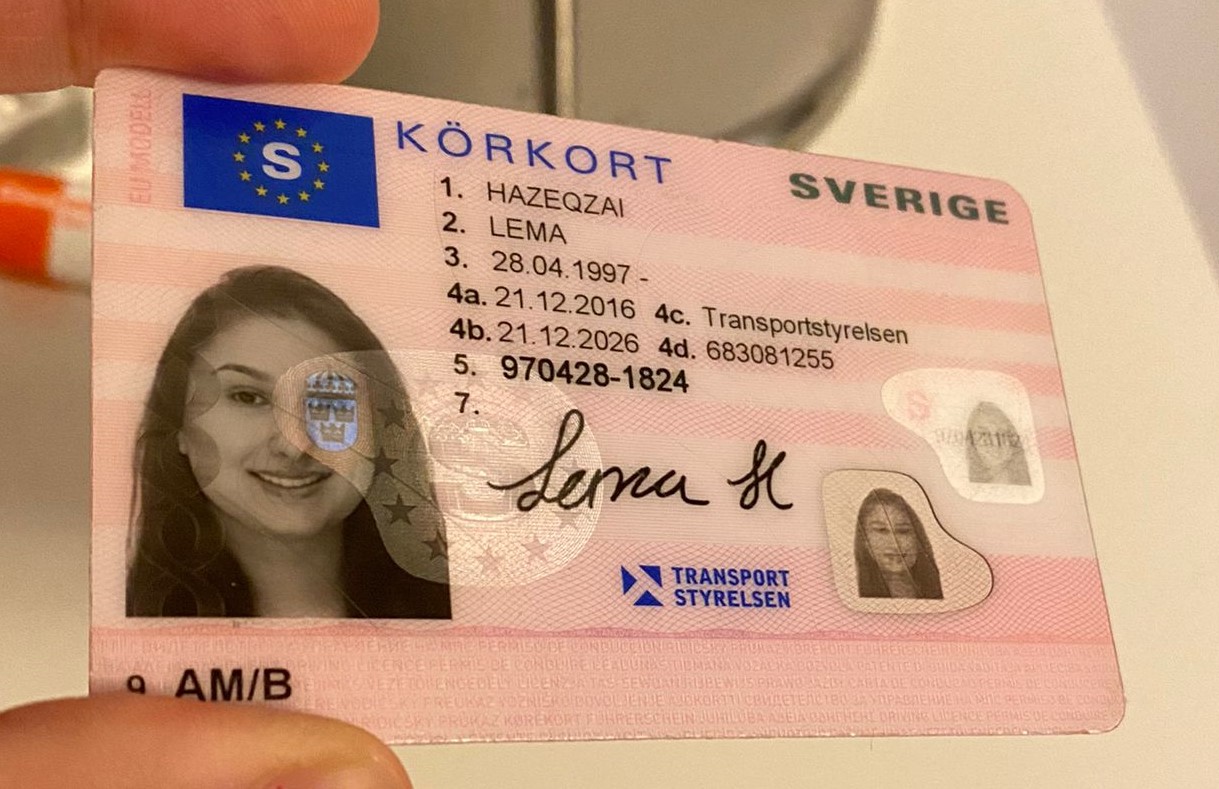Do You Know How To Explain Driving License Id-Handling 2025 To Your Mom
Navigating the New Landscape of Driving License ID Handling in 2025
In every society, the driving license serves as a crucial file, not just as a proof of the capability to run a vehicle but also as an identification tool. As we enter 2025, considerable changes have emerged regarding the handling and management of driving licenses, mainly affected by advances in innovation, progressing guidelines, and the need for enhanced security steps. This post aims to deliver a detailed overview of driving license ID handling in 2025, clarifying the innovations involved, the approaching legal transformations, and offering answers to common queries.
The Transition to Digital Driving Licenses
Among the most noteworthy transformations in driving license ID handling is the extensive adoption of digital driving licenses. These digital licenses are saved digitally on mobile phones, offering several conveniences to both chauffeurs and authorities. In the United States, for circumstances, numerous states have actually started executing digital chauffeur's licenses, while nations such as Canada and the UK are expected to do the same quickly.
Secret Benefits of Digital Driving Licenses
- Convenience: Easily accessible on mobile gadgets, getting rid of the need to bring physical copies.
- Improved Security: Incorporating biometric features and encryption assists to combat identity theft and fraud.
- Real-time Updates: Immediate updates to personal details, such as modifications in address or status, boost precision.
Challenges and Concerns
Regardless of the benefits, the transition to digital licenses presents difficulties, including issues about privacy, cybersecurity threats, and the digital divide affecting those without access to smartphones or the web.
Changes in Regulatory Framework
As we head into 2025, a number of guidelines surrounding driving licenses have actually come under analysis and change. Governments and regulatory bodies are concentrating on ensuring that driving licenses are safe, legitimate, and issued in compliance with established laws.
Key Legislative Trends
Standardized ID Formats: Countries are moving towards a standardized format for driving licenses to enhance recognition and enhance security.
Increased Verification Procedures: Authorities are now employing advanced approaches such as facial acknowledgment and AI to boost verification procedures at checkpoints.
Focus on Sustainability: With growing ecological issues, many states are choosing eco-friendly materials for physical licenses and exploring robust digital options.
Age and Identity Verification: Enhanced steps are being put in place to precisely validate the age and identity of drivers, particularly in contexts where age-related laws apply to driving.
The Global Perspective: State-By-State Comparison
Nation
Digital License Implementation
Existing Regulations
Noteworthy Features
United States
Numerous states in development
Differs by state, efforts to merge formats
QR codes for simple recognition
Canada
In pilot stages
Standardized identification across provinces
Combination with health IDs
UK
Early adoption phase
Focus on online renewal and details updates
Digital verification by means of the app
Australia
Under consideration
Progressively rigid identification protocols
Concentrate on scams prevention
The Role of Technology in ID Handling
Innovation is revolutionizing how driving licenses are managed. AI, blockchain, and biometrics are becoming important to driving license issuance and verification.
Developments Shaping the Future
Synthetic Intelligence: AI algorithms are now made use of for recognizing patterns in driving behaviors, which can inform insurance coverage premiums and legal ramifications.
Blockchain Technology: Ensuring the integrity and credibility of driving license information, blockchain technology permits safe sharing of details between authorities without worry of tampering.
Biometrics: Increasingly, biometric systems are carried out at the point of issuance and confirmation, such as facial acknowledgment and fingerprint scanners, to make sure protected identity verification.
Prospective Impacts of Emerging Technologies
The application of these technologies can lead to enhanced dependability and security of driving IDs, but it raises concerns about data privacy and user authorization.
Regularly Asked Questions (FAQs)
1. What should I do if my digital driving license is lost or stolen?
You need to right away report the loss or theft to your local automobile agency. Internationellt Körkort – Transportstyrelsen have integrated features to disable access from another location.
2. Are digital driving licenses accepted everywhere?
Since 2025, approval of digital licenses varies by region. It's recommended to carry both digital and physical copies when taking a trip throughout state or nationwide borders.
3. Can I upgrade my information on a digital driving license?
Yes, updates can frequently be made through the associated mobile application or website of the providing authority.
4. What are the security procedures for digital licenses?
Digital licenses normally incorporate features such as encryption, two-factor authentication, and biometric confirmation to improve security.
5. How will conventional driving licenses be affected?
The relocation towards digital licenses may reduce the issuance of physical licenses, but they will still be readily available for those not able to access digital alternatives.
As we advance into a brand-new age in 2025, the handling of driving licenses is optimizing to meet the demands of contemporary society. Through technological advancements and regulative reforms, people can anticipate a more secure, efficient, and streamlined procedure for acquiring and handling their driving licenses. However, as digital solutions proliferate, it stays vital to address challenges associating with privacy, security, and accessibility, ensuring fair road gain access to for all drivers while protecting individual details. As governments around the world continue to adjust to these changes, the future of driving license ID handling is set to be both dynamic and transformative.
